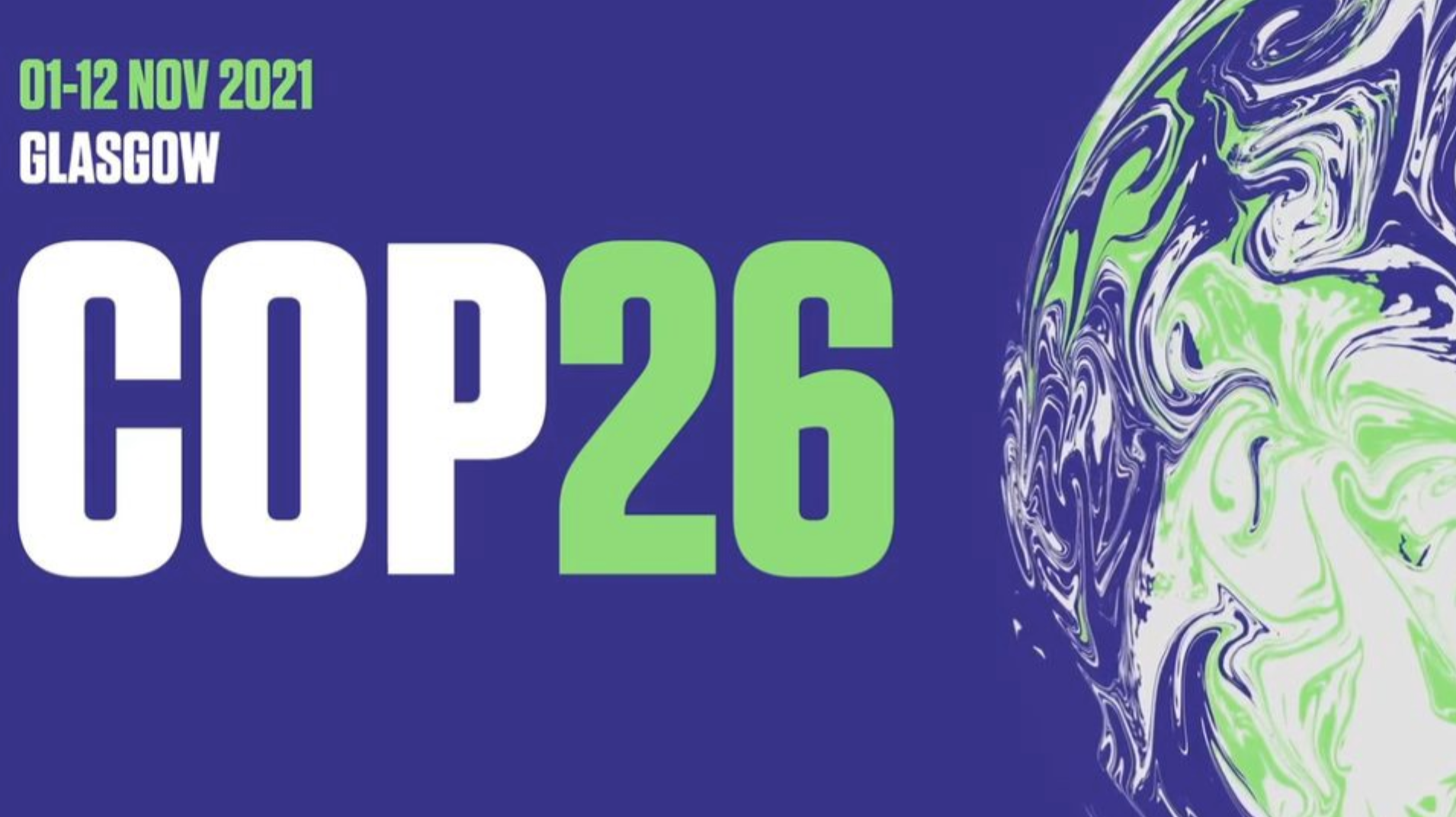

Amid the 2024 elections, Pulse on Political Narratives is a first-of-its-kind, AI-powered study identifying what candidates across the political spectrum are saying about issues that matter to companies and their stakeholders.
This year’s intergovernmental UN Climate Change Conference of the Parties (COP26) takes place from November 1–12, in Glasgow, and will be the most important global climate summit since the landmark Paris Climate Agreement was finalized in 2015.

COP26 is the first major milestone for efforts by the global community to limit global temperature rise to below 2°C, preferably at 1.5°C — the central goal of the Paris Climate Agreement. As a result, the run up to COP26, and the two-week conference itself, will be a crowded period for policy commitments and stakeholder engagement, presenting challenges to cut through the noise and reach target audiences.

Four major outcomes will determine success at the event, with each being a key test of the effectiveness of the Paris accord:
The Biden Administration states that better corporate reporting on climate will channel more capital toward green industries and help governments reach their net-zero emissions goals by 2050 under the Paris Climate Agreement.
Several countries will play a key role in COP26’s success:
In addition to developing more robust ESG strategies and communications programs, companies must now navigate new pressures for transparency on ESG factors and performance. As the policy landscape evolves, companies
must prepare now.
The countdown to COP26 is underway.
Climate has never been higher up on the global agenda, and this creates challenges for any business that has significant carbon emissions, but also opportunities for companies to demonstrate leadership and action. What this means for global companies is:

Author
Washington DC | International consultant to governments, multinational corporations and foundations on global economic, trade, development and climate issues.

Amid the 2024 elections, Pulse on Political Narratives is a first-of-its-kind, AI-powered study identifying what candidates across the political spectrum are saying about issues that matter to companies and their stakeholders.